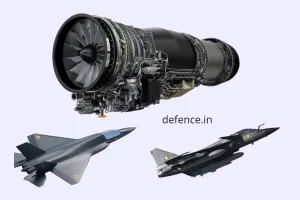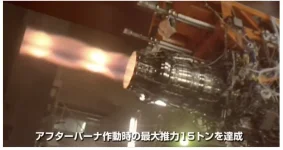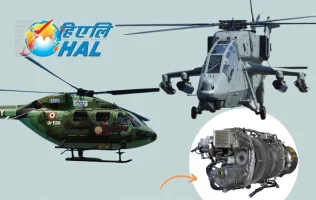- Views: 4K
- Replies: 14
A major international collaboration to build a sixth-generation fighter jet, the Global Combat Air Programme (GCAP), has formally closed its doors to new partners, finalising its core structure between the United Kingdom, Italy, and Japan.
This development has sparked a significant debate in global defence circles, as it follows an earlier invitation from the UK to India to join the ambitious project.
With the offer now off the table, questions are mounting over whether India made a strategic misstep or a prudent decision in favour of long-term self-reliance.
The GCAP initiative represents a landmark effort to develop a next-generation stealth aircraft intended to enter service by 2035. It was officially formed in December 2022 when the UK and Italy’s “Tempest” program merged with Japan’s “F-X” fighter project.
The goal is to create a sophisticated "system of systems," not just a jet, featuring artificial intelligence, the ability to control drone swarms, and advanced sensor technology.
This trilateral alliance aims to replace aging aircraft like the Royal Air Force's Eurofighter Typhoon and Japan's Mitsubishi F-2, positioning the member nations at the forefront of aerial combat technology.
The program is built on a foundation of equal partnership, which was solidified through a formal treaty signed in Tokyo in late 2023. The development costs, estimated to be as high as £100 billion over the aircraft's lifecycle, will be split evenly among the three nations.
A joint venture company has been established, and the workshare has been clearly defined to leverage each country's industrial strengths: the UK's Rolls-Royce will spearhead engine development, Italy's Leonardo will handle advanced electronics and sensors, and Japan's Mitsubishi Heavy Industries will focus on the airframe and stealth components.
To ensure streamlined progress and avoid the delays and cost overruns that have plagued other multinational military projects like the F-35, officials have been clear that the core partnership is now locked.
A spokesperson for the UK's Ministry of Defence confirmed in a 2025 briefing that the focus is entirely on delivery within the existing "trio," effectively ending any possibility of further expansion.
This decision brings India's position into sharp focus. In late 2023, during diplomatic talks, the UK had extended an informal invitation for India to participate in GCAP.
The offer was seen as a strategic opportunity under the India-UK Roadmap 2030 to deepen defence ties and provide India with access to next-generation technology.
For the Indian Air Force (IAF), which is working to modernise its fleet, joining GCAP could have accelerated its own ambitions and offered a way to counter its reliance on Russian military hardware.
However, the promising invitation never progressed to formal negotiations.
The primary obstacle appears to have been a clash between GCAP's rigid, pre-defined workshare model and India's non-negotiable "Make in India" policy, which prioritises domestic manufacturing and complete transfer of technology.
Furthermore, India’s distinct geopolitical standing and its desire to maintain strategic autonomy may have made it a complex fit for the Western- and Japanese-led alliance.
As the founding members moved to cement their partnership in 2024, the window for India's inclusion quietly closed.
The outcome has created two distinct viewpoints.
Proponents of joining argue that India missed a golden opportunity. Participating in GCAP could have provided immediate access to proven technologies, reducing the immense financial and technical risks associated with developing a sixth-generation fighter from scratch.
This would have been particularly beneficial given that India's indigenous fifth-generation fighter, the Advanced Medium Combat Aircraft (AMCA), is still in its early stages, with its first flight not expected until the late 2020s.
Conversely, many experts contend that India made a calculated and wise decision. Committing to GCAP would have demanded a colossal financial investment, diverting funds from other critical defence priorities.
More importantly, it may have relegated India to a minor role without granting the full technological sovereignty it seeks through its Atmanirbhar Bharat initiative.
By choosing to proceed with the AMCA, India retains complete control over the project’s design, development, and future upgrades. This path is further supported by recent progress, including a landmark agreement with France's Safran to co-develop a state-of-the-art engine for the future AMCA Mk2 variant.
Ultimately, whether India's decision to forgo GCAP was a missed chance or a masterstroke for its long-term independence will be determined by the success of its own AMCA program in the decade to come.



